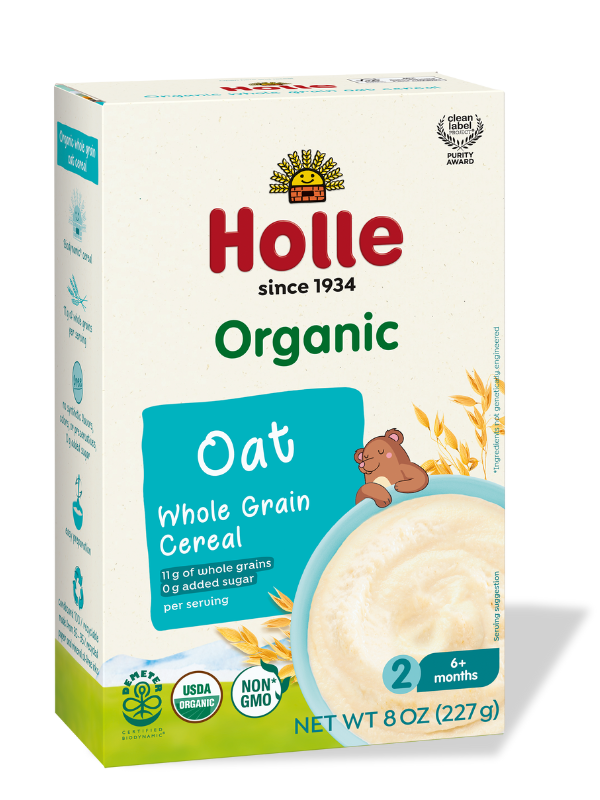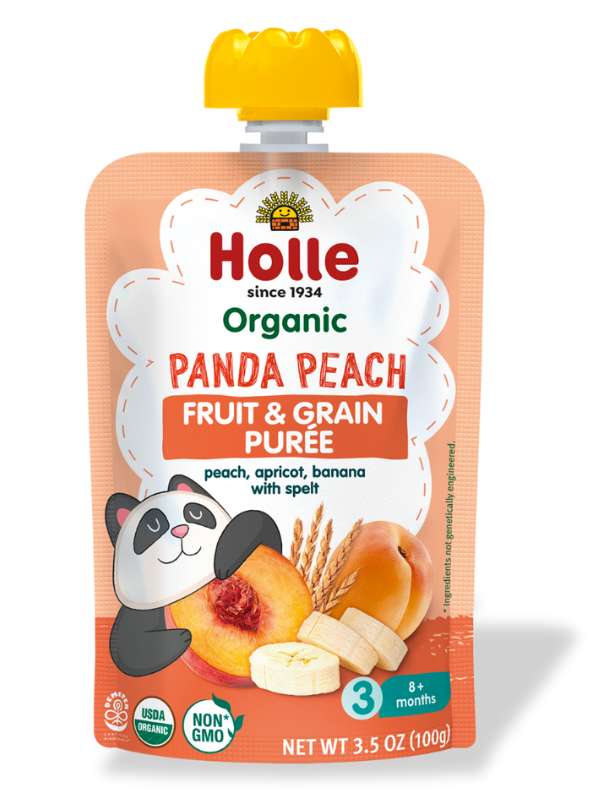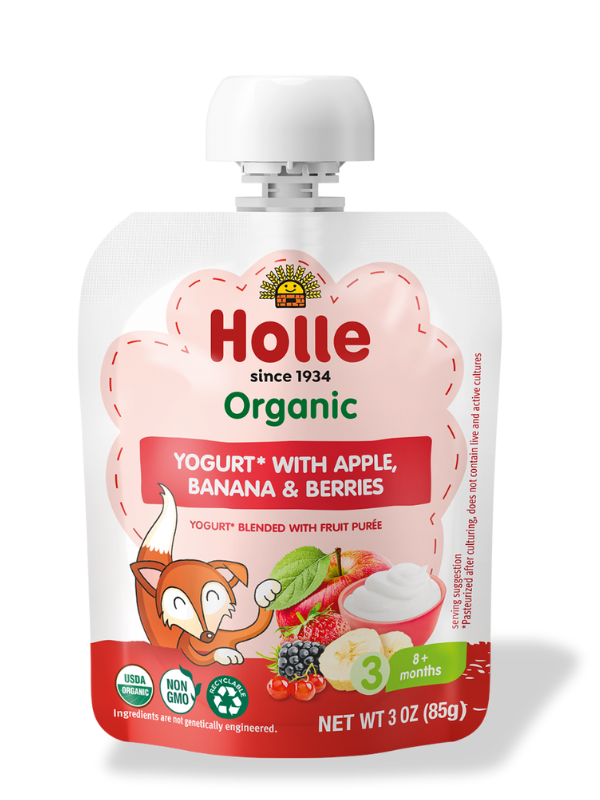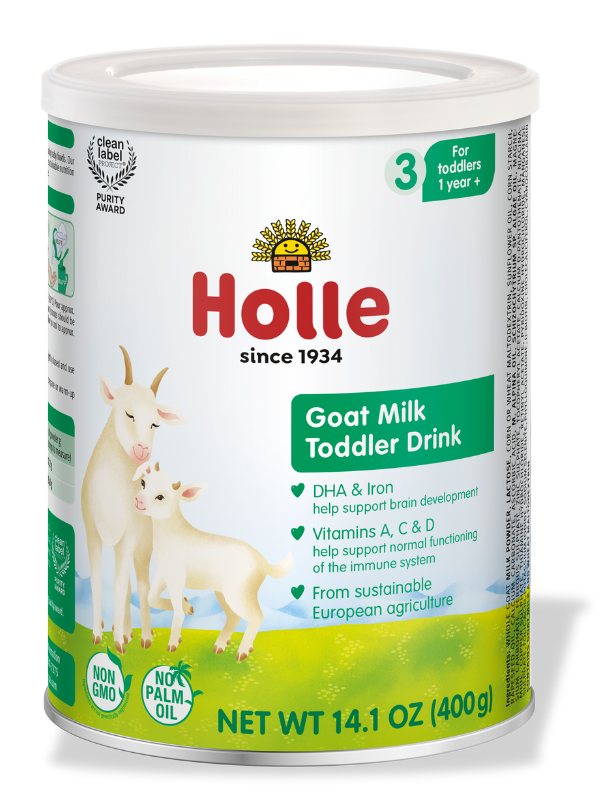MARCH 08, 2024
Presented by Holle USA x EmBeba x Tiny Health
As parents, navigating the intricate world of infant nutrition can be both rewarding and challenging. For many families, there are not always clear signs to spot intolerance or allergies in infants. In this comprehensive guide, we'll delve into how to identify signs of milk intolerance and explore why A2 milk and goat milk may be considered gentler alternatives for those seeking relief.

1. Distinguishing between Intolerance and Allergy:
Understanding the distinction between milk intolerance and milk allergies is fundamental in addressing a baby's dietary needs. Lactose intolerance is characterized by the inability to digest lactose, the sugar found in milk. In contrast, a milk allergy involves the immune system's response to specific proteins in milk, commonly casein and whey.
Lactose intolerance typically manifests as gastrointestinal symptoms like bloating, gas, or diarrhea due to insufficient production of the enzyme lactase needed to break down lactose. It is often more prevalent in older children and adults.
A milk allergy, on the other hand, triggers an immune response and can lead to a range of symptoms beyond the digestive system. Skin reactions such as hives, eczema, or respiratory symptoms like wheezing and coughing may occur. In severe cases, an allergic reaction can cause anaphylaxis, a life-threatening response requiring immediate medical attention.
Recognizing these differences is crucial for parents and caregivers. While intolerance may cause discomfort, allergies can lead to more severe and potentially life-threatening reactions. If there are concerns about either condition, seeking guidance from a healthcare professional ensures accurate diagnosis and appropriate management for the baby's specific situation.
2. Common Signs and Symptoms of Milk Intolerance:
Gastrointestinal distress, such as gas, bloating, diarrhea, or persistent fussiness after feedings, may suggest a sensitivity to cow's milk proteins. It's important to note that lactose intolerance is less common in infants than in older children or adults.
Also essential to note– these symptoms may overlap with other gastrointestinal issues or conditions. If parents suspect lactose intolerance based on these signs, seeking guidance from a healthcare professional is advisable. A pediatrician can conduct tests and provide a comprehensive evaluation to confirm the diagnosis and recommend an appropriate course of action tailored to the baby's specific needs.
3. Why A2 Milk Might Be a Better Option:
Consider A2 milk for digestive sensitivity. A2 milk contains only the A2 beta-casein protein, which some find gentler on the digestive system. The A2 protein composition differs from the A1 protein found in conventional cow's milk, and some individuals may find it more easily digestible.
4. Why Goat Milk Might Be a Better Option:
Explore goat milk as a nutrient-rich option. Goat milk has smaller fat globules and a different protein structure than cow's milk, making it potentially gentler for babies with milk intolerance. Rich in essential nutrients like calcium and vitamin D, goat milk offers a suitable alternative for those seeking nutritional options beyond traditional cow's milk.
5. Confirming Intolerance and Making the Switch:
Always consult with your pediatrician if you suspect milk intolerance. If diagnosed, make sure to check with your pediatrician before slowly introducing alternatives.
Identifying and addressing milk intolerance in babies requires careful observation and informed decision-making. A2 milk and goat milk are potential alternatives that some parents find beneficial for their babies with digestive sensitivities. By understanding the signs of intolerance and exploring these gentler options, parents can confidently navigate infant nutrition challenges, ensuring their little ones thrive and flourish. Always consult with your healthcare provider to tailor the approach to your baby's specific needs.
Disclaimer: This blog is for informational purposes only and is not intended as medical advice. If you have any concerns about your child's health or food allergies, please consult a healthcare professional.











